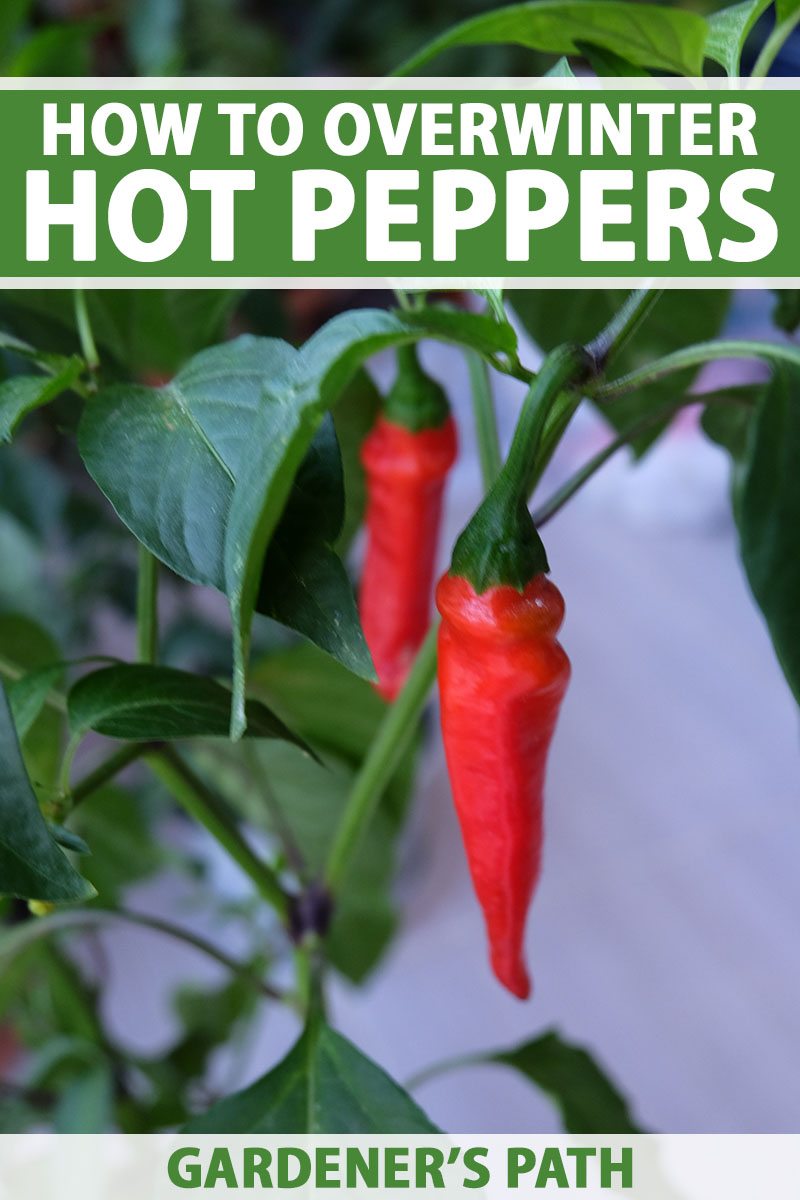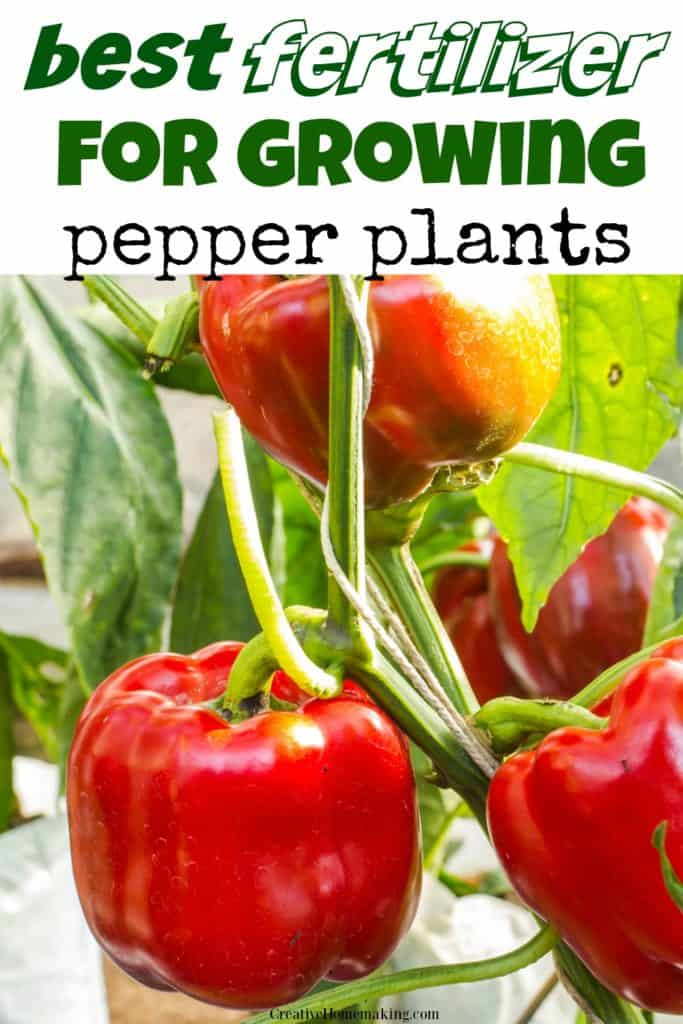Exactly How Fertilizers Play an Important Duty in Cultivating Bountiful and healthy and balanced Pepper Crops
Fertilizers offer as the foundation of effective pepper farming, using a calculated approach to nourishing the soil and promoting optimum plant growth. The detailed dancing in between necessary nutrients and the pepper plants' physical processes underscores the critical duty that fertilizers play in making certain an abundant harvest. From sustaining robust root advancement to strengthening condition resistance, the influence of plant foods is far-ranging in the cultivation of healthy and fruitful pepper plants. Stay tuned to reveal the nuanced ways in which fertilizers contribute to the flourishing of pepper plants and the sustainable techniques that underpin their efficiency.
Value of Nutrient-Rich Fertilizers
The application of nutrient-rich plant foods plays a crucial role in improving the performance and high quality of pepper crops in contemporary farming methods. Pepper plants require a well balanced mix of essential nutrients to prosper and create high yields of top quality fruits. Nitrogen, phosphorus, and potassium are key nutrients that are crucial for the growth and development of pepper plants. Nitrogen help in leafy green development and total plant vitality, phosphorus sustains root advancement and blossom production, while potassium adds to condition resistance and fruit quality.
Inadequate levels of these nutrients can bring about stunted growth, decreased returns, and sensitivity to diseases (best fertilizers for peppers). Nutrient-rich fertilizers supply a targeted solution to make sure that pepper plants obtain the needed aspects for optimal development and productivity. Furthermore, these fertilizers help improve soil fertility over time, producing a sustainable setting for lasting pepper growing
Enhancing Plant Development and Advancement
To enhance plant growth and advancement in pepper crops, critical application of nutrient-rich plant foods is crucial. Plant foods play an essential function in boosting the total health and performance of pepper plants by offering them with vital nutrients that may be lacking in the dirt.
Along with these macronutrients, trace elements such as zinc, iron, and magnesium are also important for the correct performance of various plant procedures. Iron, for example, is necessary for chlorophyll manufacturing, which is essential for photosynthesis and overall plant growth. Zinc plays an essential role in enzyme task and hormonal agent synthesis, influencing plant growth and growth at a cellular level. Magnesium is vital for the formation of chlorophyll and general power transfer within the plant.

Boosting Condition Resistance With Fertilizers
By tactically including targeted fertilizers, farmers can boost the disease resistance of pepper crops, making sure optimum plant health and wellness and efficiency. Fertilizers including vital nutrients like phosphorus, nitrogen, and potassium play a critical duty in enhancing pepper plants' immune systems, making them much more resistant to different diseases.

Making Best Use Of Pepper Yield Via Fertilizing
Using a balanced fertilizing approach is essential to try these out accomplishing maximum pepper return and making certain optimum crop productivity. By providing peppers with the appropriate nutrients at the correct time, farmers can substantially improve their yield potential. Nitrogen, potassium, and phosphorus are vital aspects for pepper growth, with nitrogen helping in leaf and stem development, phosphorus sustaining origin growth and blossom formation, and potassium promoting total plant health.
To take full advantage of pepper return, it is vital to perform soil tests to identify existing vitamins and mineral levels and identify any shortages that require to be addressed. Based on these results, farmers can create a tailored fertilizing strategy that satisfies the certain requirements of their pepper plants. Additionally, appropriate fertilization techniques such as split applications throughout the expanding season can ensure continuous nutrient availability for the plants.

Lasting Fertilizer Practices for Peppers
In taking into consideration sustainable plant food methods for peppers, it is important to concentrate on long-term dirt wellness and ecological stewardship combined with taking full advantage of crop performance. Lasting plant food methods aim to improve or preserve soil fertility while minimizing negative environmental impacts. One essential approach is using natural plant foods such as compost, manure, or cover plants, which not just provide essential nutrients to the peppers however also add to dirt structure and microbial task. These organic alternatives help build natural matter in the dirt, enhancing its capability to maintain water and nutrients, thus supporting long-term plant wellness and durability.
In addition, precision agriculture methods, such as dirt screening and targeted nutrient applications, can important link help enhance fertilizer use, making certain that peppers get the nutrients they require without excess overflow right into waterways. This not only benefits the atmosphere by decreasing contamination yet additionally conserves prices for farmers by reducing waste. By taking on sustainable plant food practices, pepper cultivators can secure the health and wellness of their plants, dirt, and surrounding ecological communities for future generations.
Final Thought
Finally, plant foods are vital for growing healthy and abundant pepper plants. best fertilizers for peppers. They supply required nutrients for plant growth and growth, boost illness resistance, and make best use of return. By executing sustainable fertilizer techniques, farmers can guarantee the long-term health and wellness of their pepper plants and add to a much more reliable and environmentally-friendly agricultural system
The complex dancing in between important nutrients and the pepper plants' physiological procedures underscores the essential role that plant foods play in guaranteeing a plentiful harvest.To optimize plant development and advancement in pepper plants, calculated application of nutrient-rich plant foods is necessary. Plant foods play a critical role in improving the overall wellness and efficiency of pepper plants by providing them with essential nutrients that may be lacking in the soil.By purposefully incorporating targeted fertilizers, farmers can reinforce the disease resistance of pepper crops, ensuring optimum plant health and wellness and productivity. Fertilizers including essential nutrients like nitrogen, potassium, and phosphorus play a vital duty in enhancing pepper plants' immune systems, making them much more resilient to different diseases.